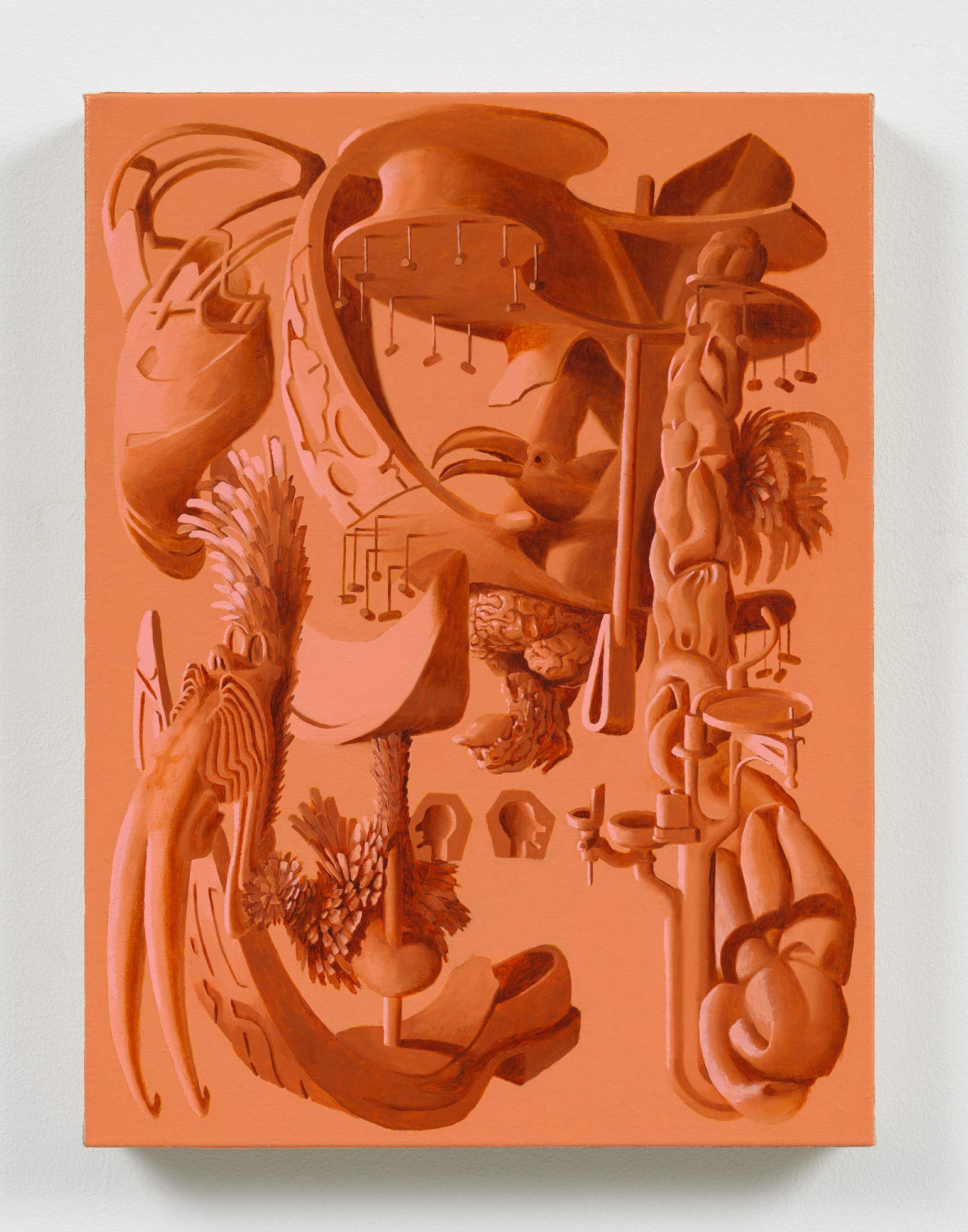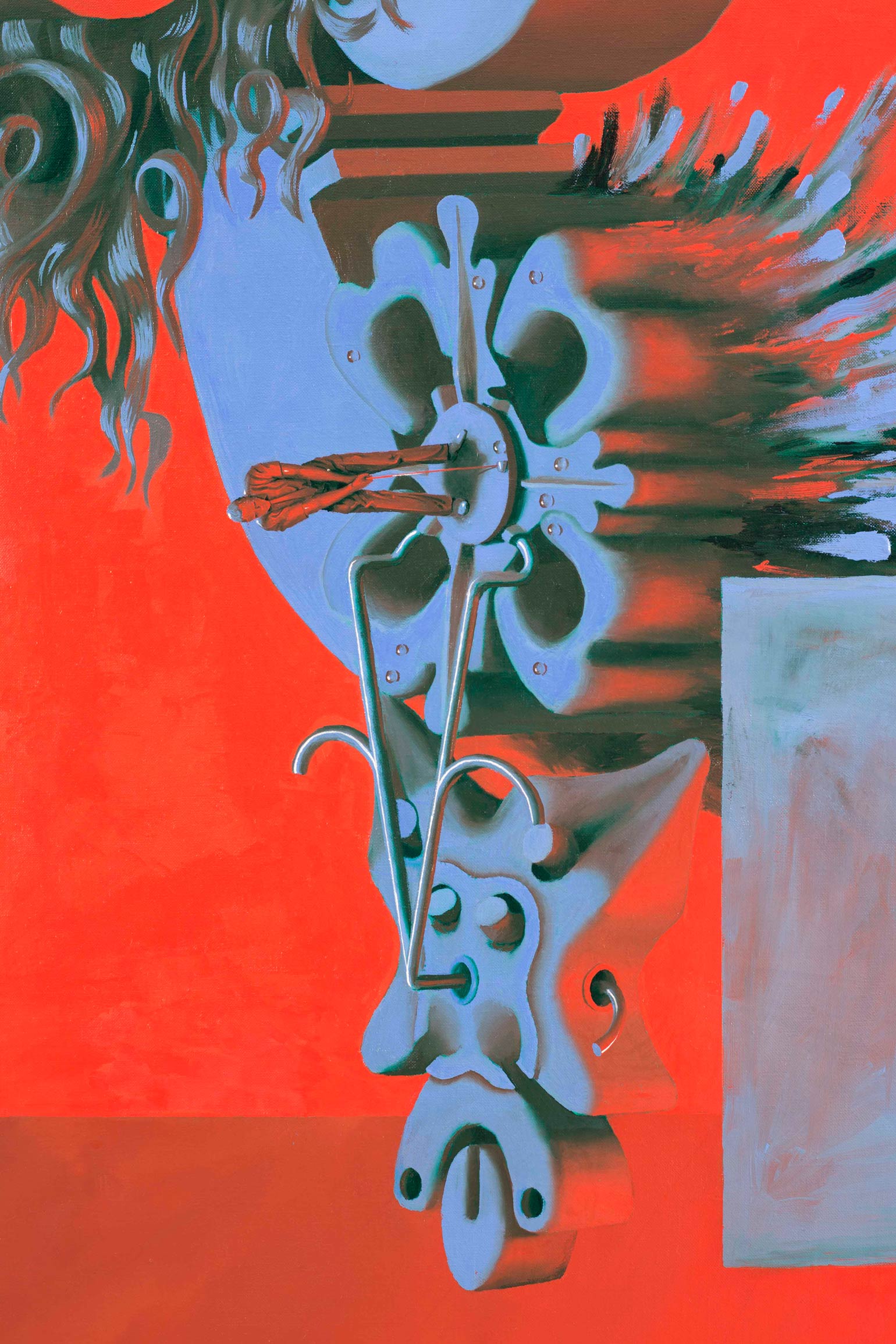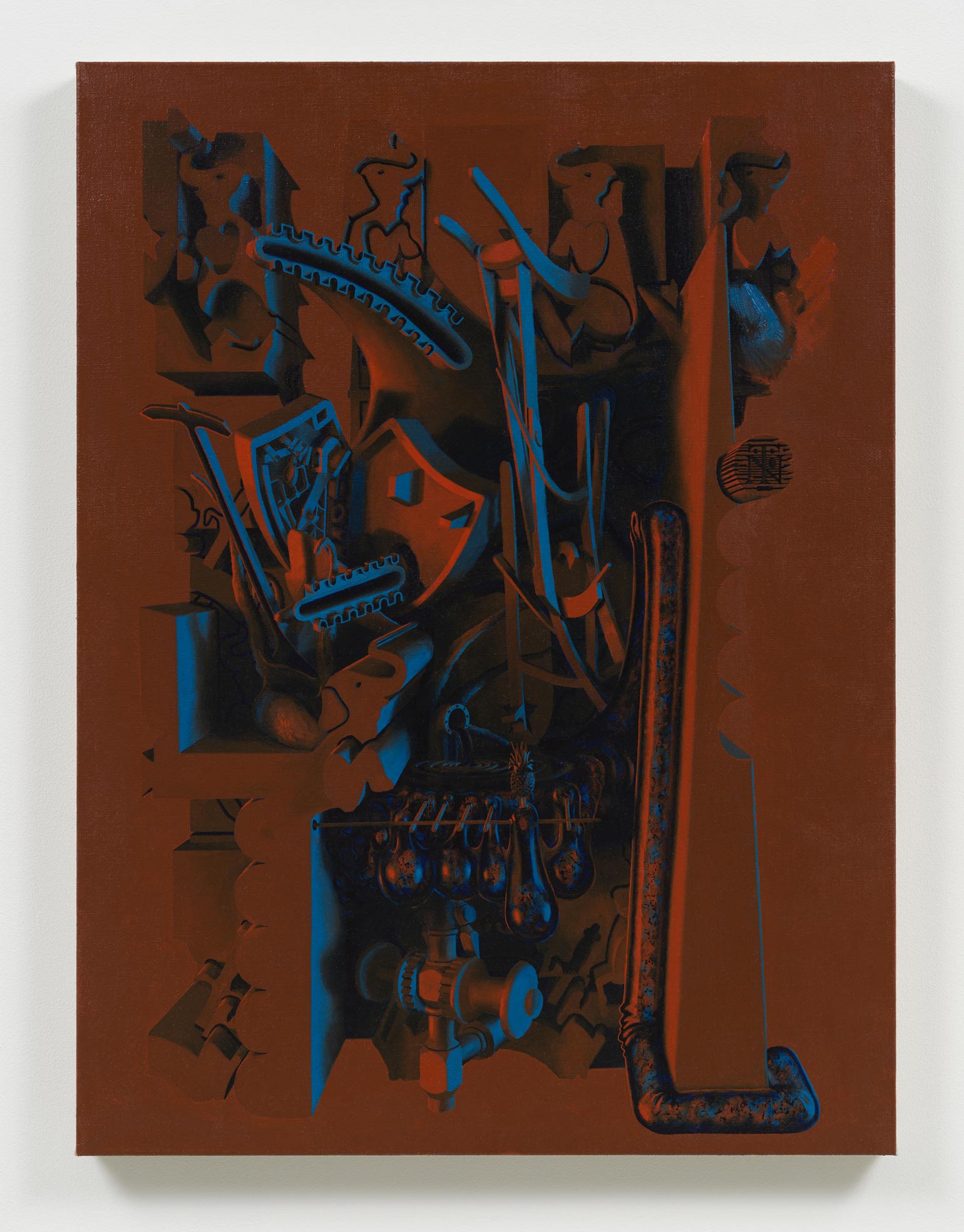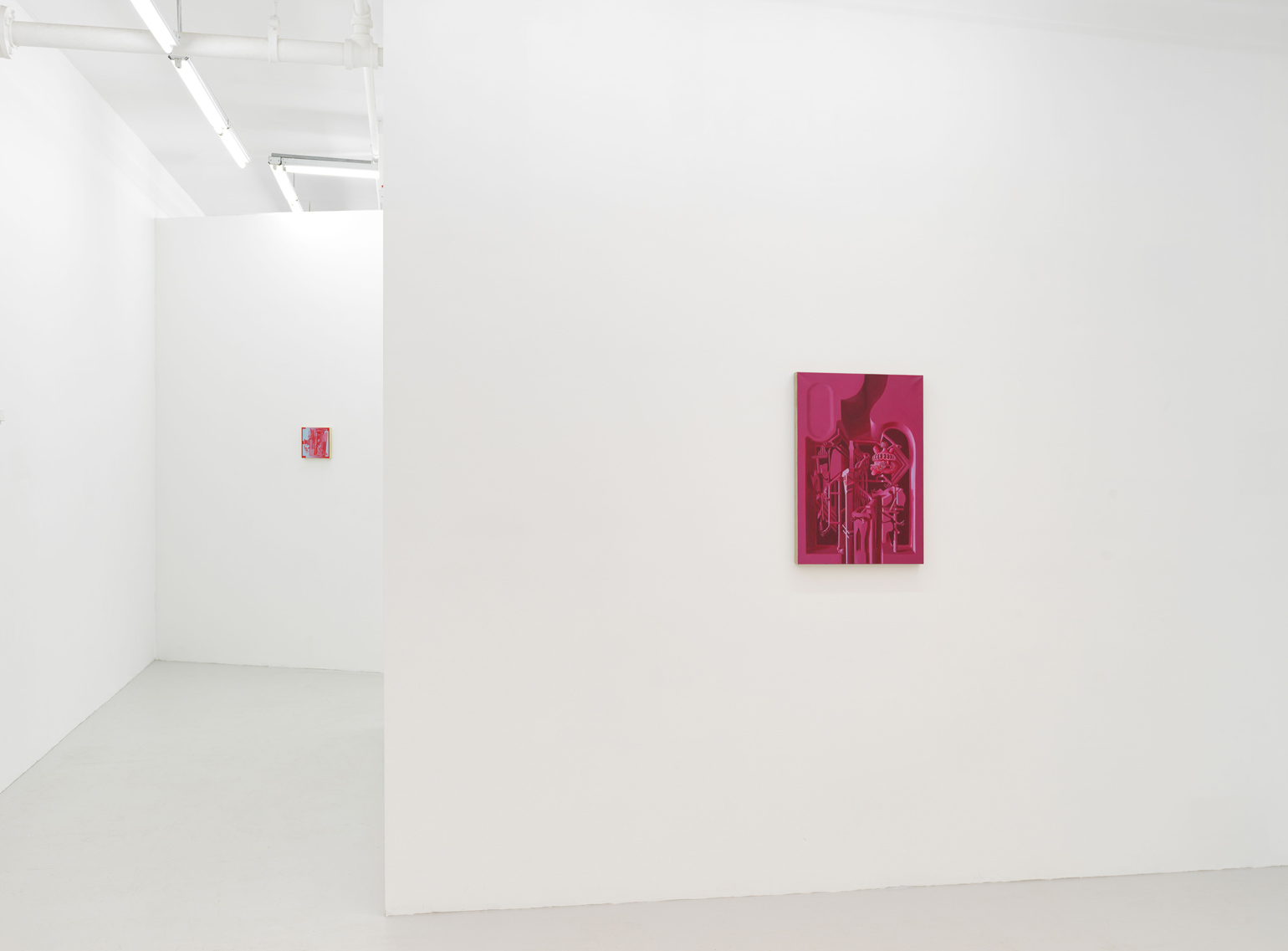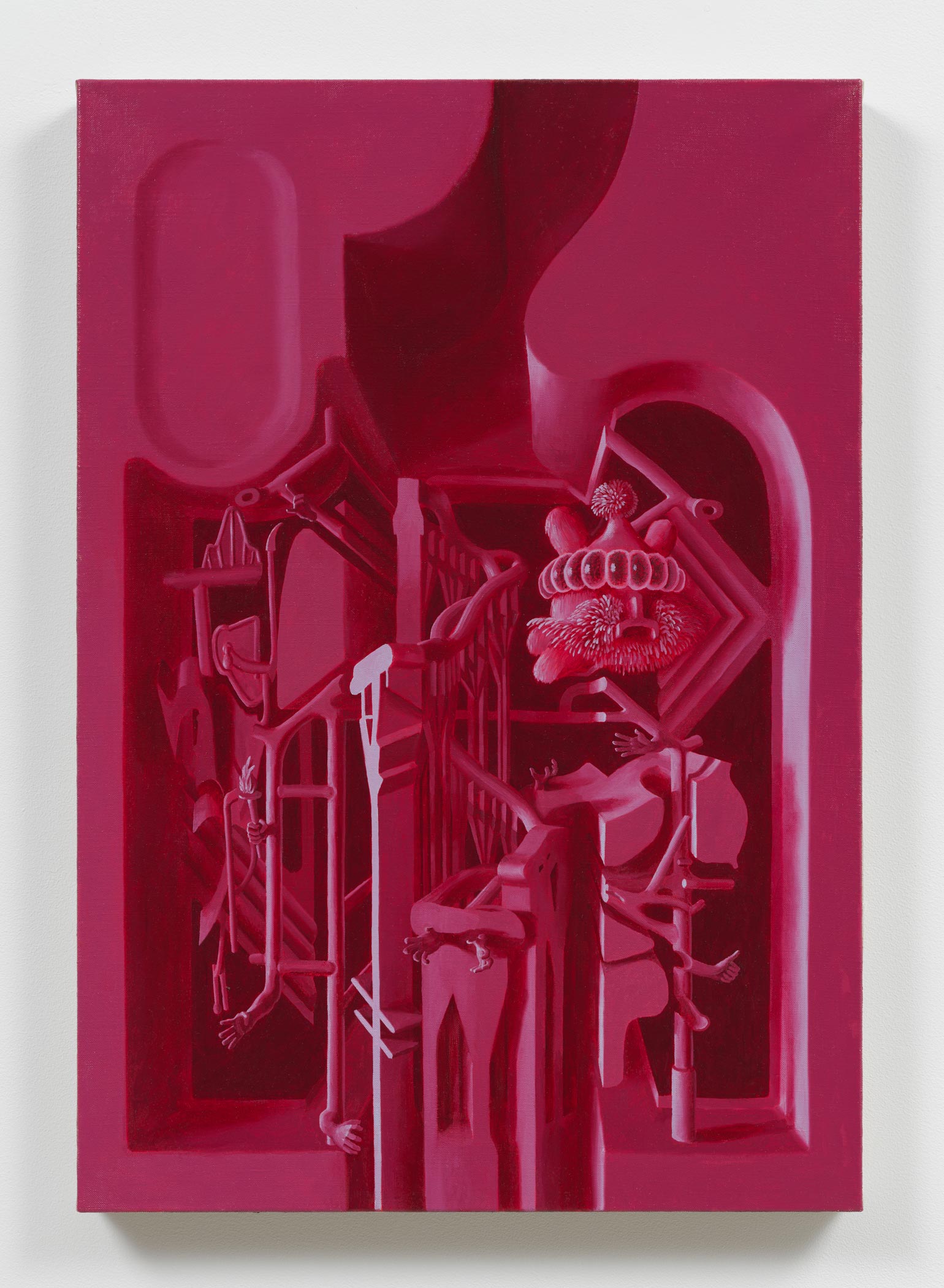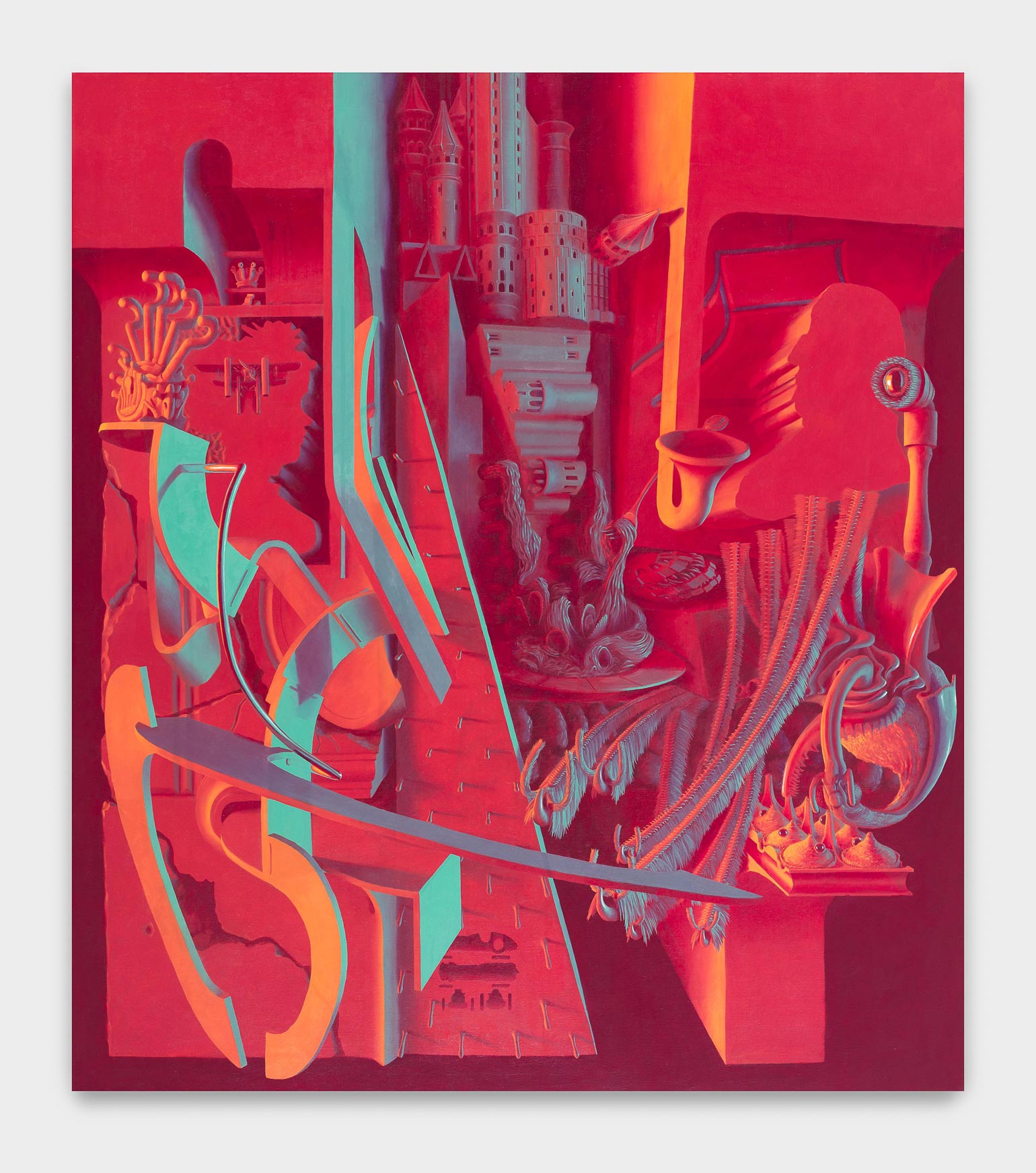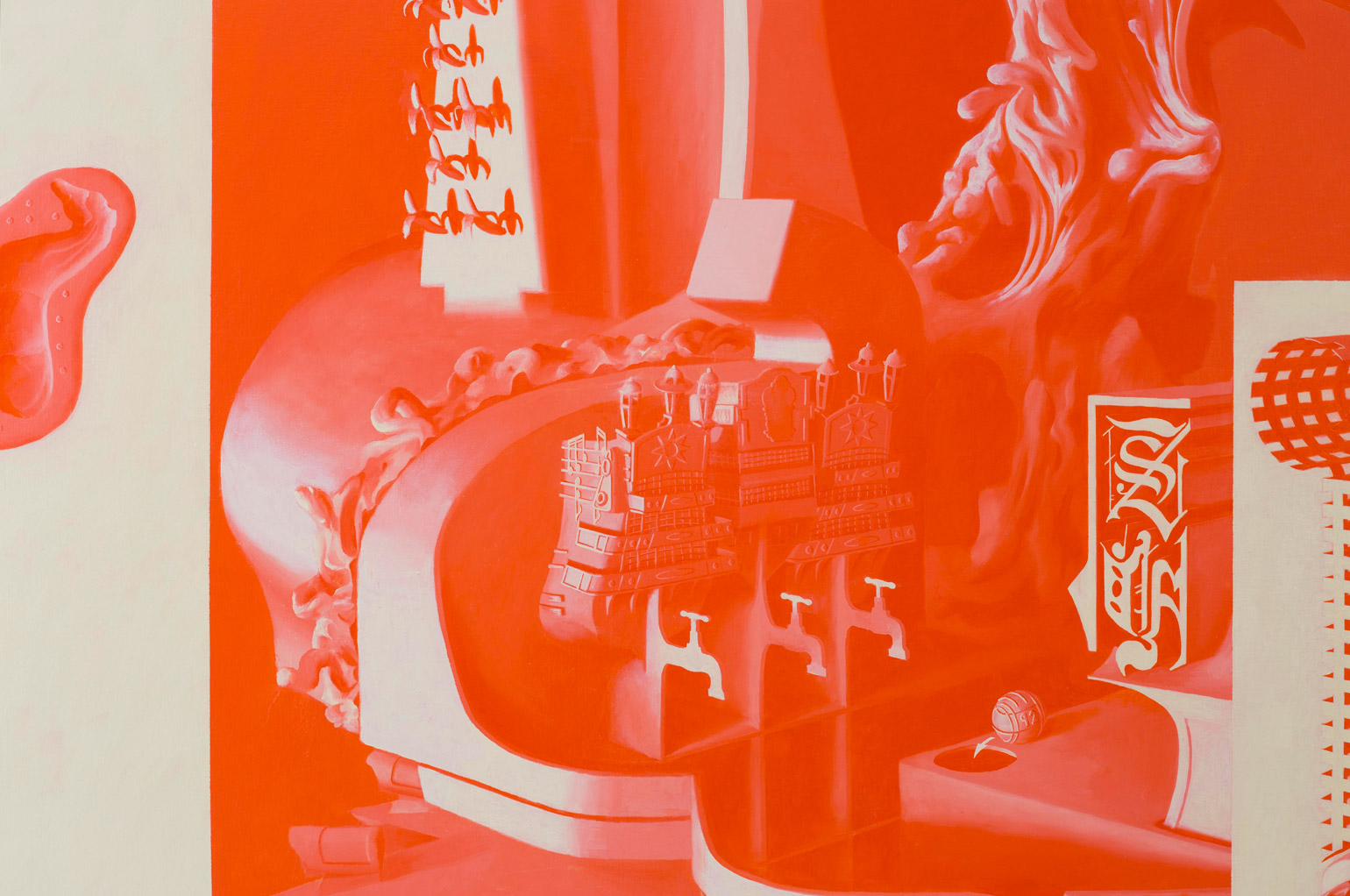“Post-truth politics is the art of relying on affective predispositions or reactions already known or expressed to stage old beliefs as though they were new. [...] The meta-digital machine of post-truth politics belongs to an automated regime of communication designed to endlessly explore isolated and iterated behaviors we might call conducts. These are agencies or action patterns that are discrete or consistent enough to be recognized by machine intelligence. Post-truth political machinery employs a heuristic testing of responses interested in recording how conducts evolve, change, adapt, and revolt. This is not simply a statistical calculation of probabilities following this or that trend in data usage, but involves an utter indifference towards the data retrieved and transmitted insofar as these only serve as a background. And yet the content of the data is not trivial. On the contrary, the computational machine entails a granular analysis of data on behalf of algorithms, which rather open up the potential of content to be redirected for purposes that are not preknown. In other words, this computational indifference to binary problem-solving coincides with a new imperative: technological decisionism, which values making a clear decision quickly more than it does making the correct one. For decisionism, what is most decisive is what is most correct. When Mussolini gives a speech in parliament, in 1925, taking full responsibility for the murderous chaos his regime has created, and challenging his opponents to remove him anyway, he is practicing decisionism at the expense of binary logic, which would dictate that if Mussolini is responsible, then he should resign. Instead, the dictator declares that he is responsible and that he will stay. Today it is our machines who make these speeches for us.
— Parisi, Luciana. “Reprogramming Decisionism,” e-flux journal, Issue #85, Oct 2017
“Most noble damsels, for whose solace I have addressed myself to so long a labour, I have now, methinketh, with the aid of the Divine favour, (vouchsafed me, as I deem, for your pious prayers and not for my proper merits) throughly accomplished that which I engaged, at the beginning of this present work, to do; wherefore, returning thanks first to God and after to you, it behoveth to give rest to my pen and to my tired hand. Which ere I accord them, I purpose briefly to reply, as to objections tacitly broached, to certain small matters that may peradventure be alleged by some one of you or by others, since meseemeth very certain that these stories have no especial privilege more than other things... "
— Bocaccio, Giovanni. The Decameron. Translated by J. Payne. Author's note, 1353



